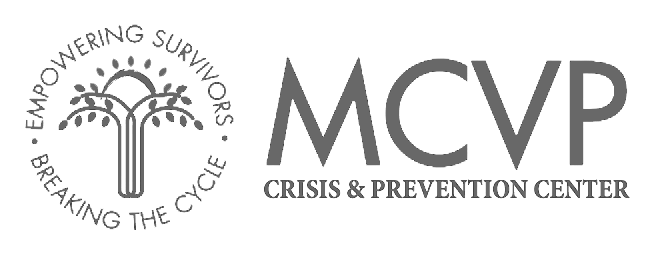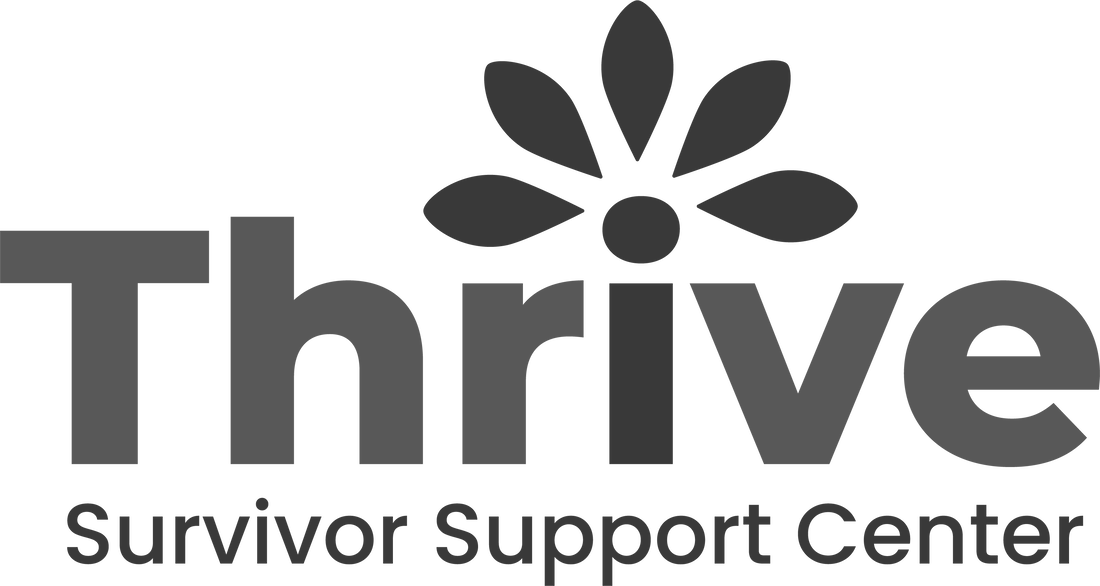GET HELP NOW
Sex Trafficking
Sex trafficking is a commercial sex act that is induced by force, fraud, or coercion, or in which the person induced to perform such an act is under the age of 18.
|
Labor Trafficking
Labor trafficking is the recruitment, harboring, transportation, provision, or obtaining of a person for labor or services, through the use of force, fraud, or coercion for the purpose of subjection to involuntary servitude, peonage*, debt bondage*, or slavery.
*Debt bondage or peonage is a system by which laborers are bound in servitude until their debts are paid in full. Victims of trafficking are often subjected to debt bondage, usually in the context of paying off transportation fees into the destination countries. In many cases, the victims are trapped into a cycle of debt because they have to pay for all living expenses in addition to the initial transportation expenses. |
What is New Hampshire doing about Human Trafficking?
New Hampshire was one of the first states to criminalize human trafficking activity and in 2014 a comprehensive rewrite of the Human Trafficking statute (SB 317) strengthened the law to increase New Hampshire's capacity to fight this crime. This bill includes strong protections for victims and increased accountability for those convicted of trafficking. The law includes making prostituting minors a felony; provides protection from criminal prosecution or juvenile delinquency proceedings to children who have been forced into prostitution or other forms of human trafficking; makes it a felony to knowingly force a person to engage in labor or sex acts against their will; allows a victim to petition to vacate a conviction for prostitution when that person was trafficked, and it allows a victim to sue their trafficker in civil court.
The New Hampshire Coalition Against Domestic and Sexual Violence coordinates and is a partner with The New Hampshire Human Trafficking Collaborative Task Force. The Task Force strives to improve identification of victims of trafficking, support law enforcement to increase investigations and prosecutions of this crime, improve New Hampshire’s ability to understand human trafficking and come together to combat both sex and labor trafficking across the state.
The New Hampshire Human Trafficking Collaborative Task Force is a collaboration of law enforcement, service providers, attorneys, state agencies, and other community stakeholders dedicated to improving the statewide response to human trafficking. Recognizing the complexity of the issue, as well as a fundamental lack of resources, the Task Force functions as a central hub where interested stakeholders can connect, collaborate, and maximize impact through collective and strategic action.
The Project Director for the Task Force, placed at the Coalition, acts as the facilitator, strategist, and lead collaborator on efforts to combat Human Trafficking in New Hampshire. The mission of the Task Force is to develop and implement a multidisciplinary response to human trafficking in New Hampshire that is coordinated and collaborative, victim-centered, trauma-informed, includes prevention, and holds offenders accountable.
Task Force website: https://www.nhhumantraffickingtaskforce.com/
Human Trafficking in New Hampshire
We know that human labor and sex trafficking is a growing problem in this country, and New Hampshire is not immune. It is critical that law enforcement, the courts, partnering agencies, and advocacy organizations are able to intervene quickly and efficiently to end victimization and effectively prosecute traffickers.
Increasing awareness of these crimes results in more positive identification of human trafficking. New Hampshire has seen an increasing number of human trafficking cases in recent years but still has no designated programs, shelters, or funding for trafficking victims. Currently the Coalition's 12 member programs across the state have been able to assist survivors of sex and labor trafficking by providing survivors safe haven and helping them rebuild their lives.
Increasing awareness of these crimes results in more positive identification of human trafficking. New Hampshire has seen an increasing number of human trafficking cases in recent years but still has no designated programs, shelters, or funding for trafficking victims. Currently the Coalition's 12 member programs across the state have been able to assist survivors of sex and labor trafficking by providing survivors safe haven and helping them rebuild their lives.
Human Trafficking Resources
The New Hampshire Human Trafficking Collaborative Task Force
Getting A Protective Order
The Polaris Project: The Polaris BeFree Textline: Text: BeFree (233733)
The National Human Trafficking Resource Center: The National Human Trafficking Hotline: 1-888-373-7888
Womenslaw.org: Visa Laws and Trafficking
A Survivor's Perspective on Human Trafficking by Jasmine Grace Marino
Getting A Protective Order
The Polaris Project: The Polaris BeFree Textline: Text: BeFree (233733)
The National Human Trafficking Resource Center: The National Human Trafficking Hotline: 1-888-373-7888
Womenslaw.org: Visa Laws and Trafficking
A Survivor's Perspective on Human Trafficking by Jasmine Grace Marino
Our Supporting Partners
The 12 member programs of the New Hampshire Coalition Against Domestic and Sexual Violence provide services regardless of gender,age, health status (including HIV-positive), physical, mental or emotional ability, sexual orientation, gender identity/expression, socio-economic status, race, national origin, immigration status or religious or political affiliation.
Funding for this website was provided by The Corporate Fund.
New Hampshire Coalition Against Domestic and Sexual Violence
PO Box 353, Concord, NH 03302-0353
(603) 224-8893
New Hampshire Coalition Against Domestic and Sexual Violence
PO Box 353, Concord, NH 03302-0353
(603) 224-8893
NH web design by Harbour Light Strategic Marketing













